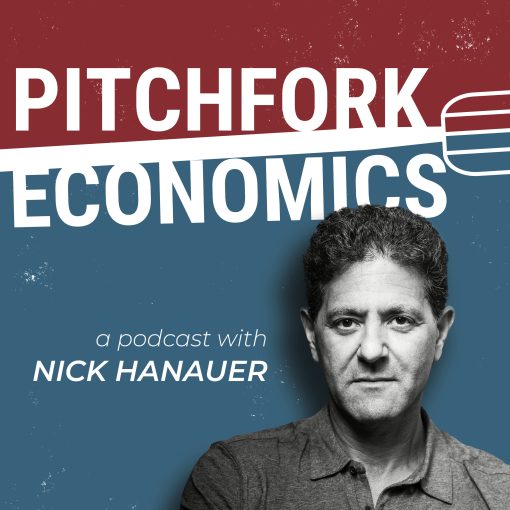Trickle-downers love to pretend that “Econ 101” is a convincing argument against policies like the minimum wage that invest in working Americans. But the truth is that mainstream economists are terrible at predicting how the economy will behave in the future…Is Econ 101 broken?
In this key foundational episode for the podcast, we dismantle the myths of orthodox economics and expose Econ 101 for what it really is: not a science, but a simplistic story used to justify inequality and defend the status quo. Our guests Eric Beinhocker (The Origin of Wealth) and James Kwak (Economism) explain how outdated assumptions about markets, people, and growth have warped economic thinking—and why it’s time to write a new, better story about how the economy actually works.
Part of our Back-to-Basics summer series. Essential listening for anyone ready to move beyond trickle-down talking points and think middle-out.




